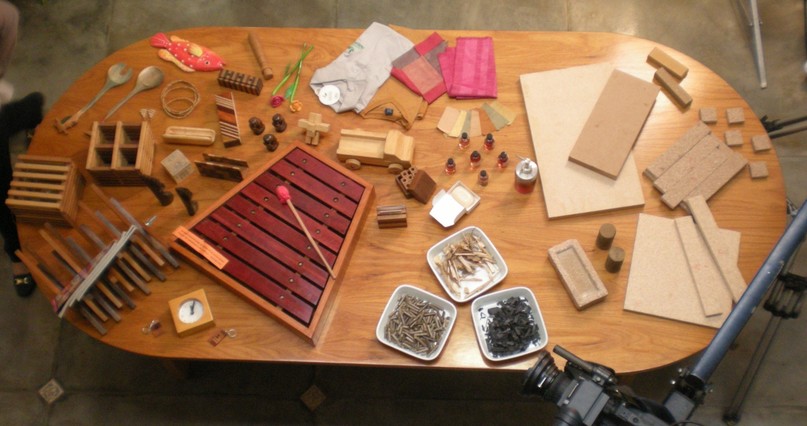Value adding

The manufacture of value-added timber products increases the financial returns of sustainable forest management in the tropics. ITTO works with members to develop downstream timber industries. Photo: ANPM
An important aspect of sustainable forest management is ensuring that forest products and services generate sufficient financial returns to pay for the upkeep of the forest. Many tropical timber-producing countries seek to add value to their raw products as a way of increasing governmental and export revenues, creating employment and a skilled workforce, encouraging sustainable forest management and helping forest communities generate income.
ITTO has funded many projects and activities aimed at supporting the development of sustainable, value-added (“downstream”) timber-based industries in tropical countries. ITTO studies have explored ways of promoting investments in downstream processing. At a national level, projects have produced status reports on trends, prospects and constraints affecting wood processors. Other projects have prepared industrial and export strategies and facilitated technology transfer, joint investments and training in technical and design skills. Yet others have promoted the sustainable use and downstream processing of lesser-used timber species.
Global recognition of the importance of tropical forests in sustainable development has probably never been greater. Tropical forests—natural and planted—are vulnerable to overexploitation but they are also potential agents for social change and economic growth. They have crucial roles to play in ecosystem health, from the local to the global scale. It may seem counterintuitive, but forest production and adding value to the products derived from forests increases the likelihood of sustainable forest management because it boosts returns to owners, including communities and smallholders, making them more likely to invest in the long-term future of their forests.
ITTO has funded many projects and activities aimed at supporting the development of sustainable, value-added (“downstream”) timber-based industries in tropical countries. ITTO studies have explored ways of promoting investments in downstream processing. At a national level, projects have produced status reports on trends, prospects and constraints affecting wood processors. Other projects have prepared industrial and export strategies and facilitated technology transfer, joint investments and training in technical and design skills. Yet others have promoted the sustainable use and downstream processing of lesser-used timber species.
Global recognition of the importance of tropical forests in sustainable development has probably never been greater. Tropical forests—natural and planted—are vulnerable to overexploitation but they are also potential agents for social change and economic growth. They have crucial roles to play in ecosystem health, from the local to the global scale. It may seem counterintuitive, but forest production and adding value to the products derived from forests increases the likelihood of sustainable forest management because it boosts returns to owners, including communities and smallholders, making them more likely to invest in the long-term future of their forests.
Related links
-
Strengthening the capacity to promote efficient wood processing technologies in tropical timber producing countries
(report published 2014)
-
Towards a development strategy for the wood processing industry in the Congo Basin
(report published 2013)
-
In-house training on wood processing techniques
(report published 2011)
-
Putting the pieces together
(edition of the Tropical Forest Update published 2018)
-
Measures that add value
(edition of the Tropical Forest Update published 2016)
-
Going downstream
(edition of the Tropical Forest Update published 2014)
-
Earning more from forests
(edition of the Tropical Forest Update published 2014)
- Completed value-added projects